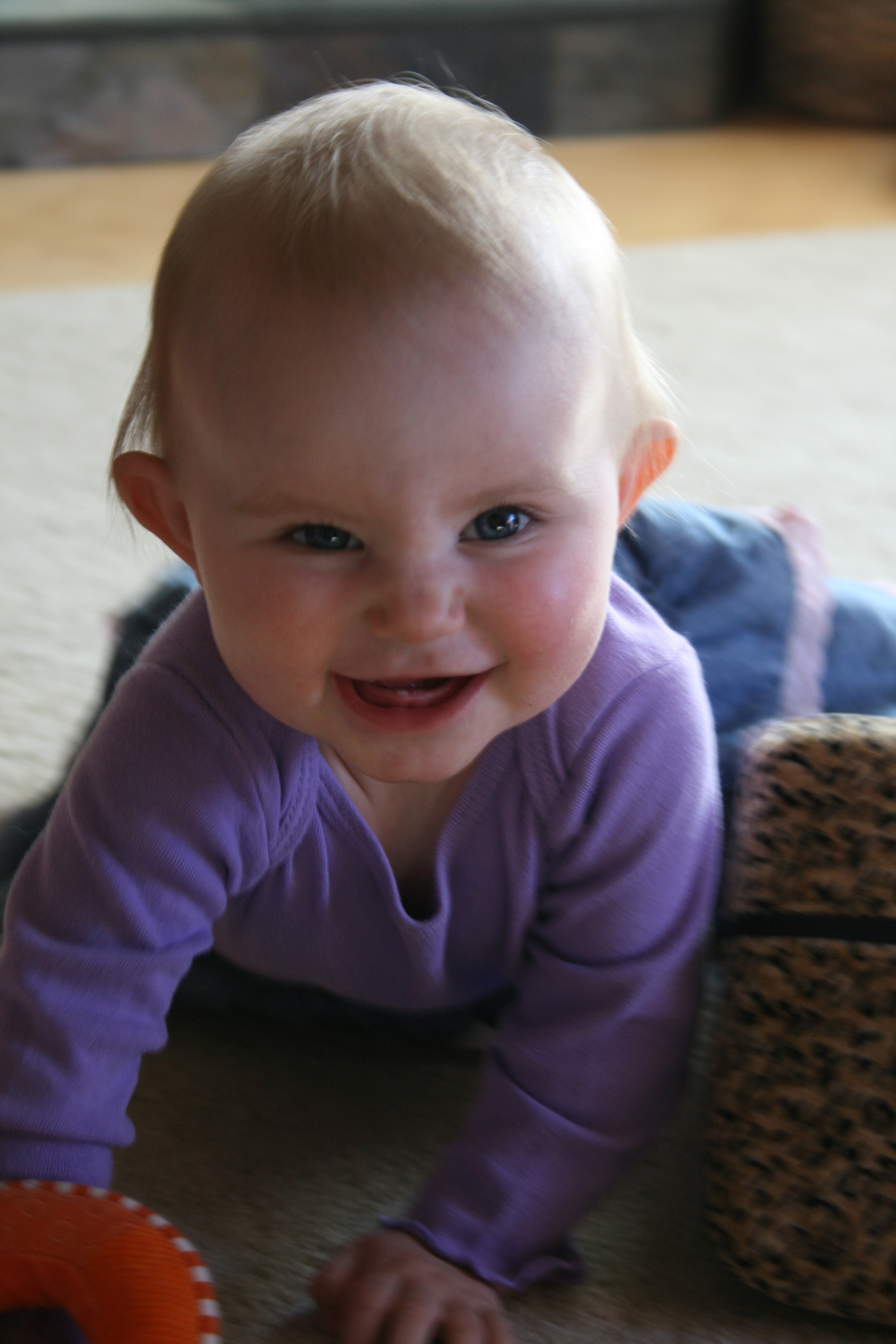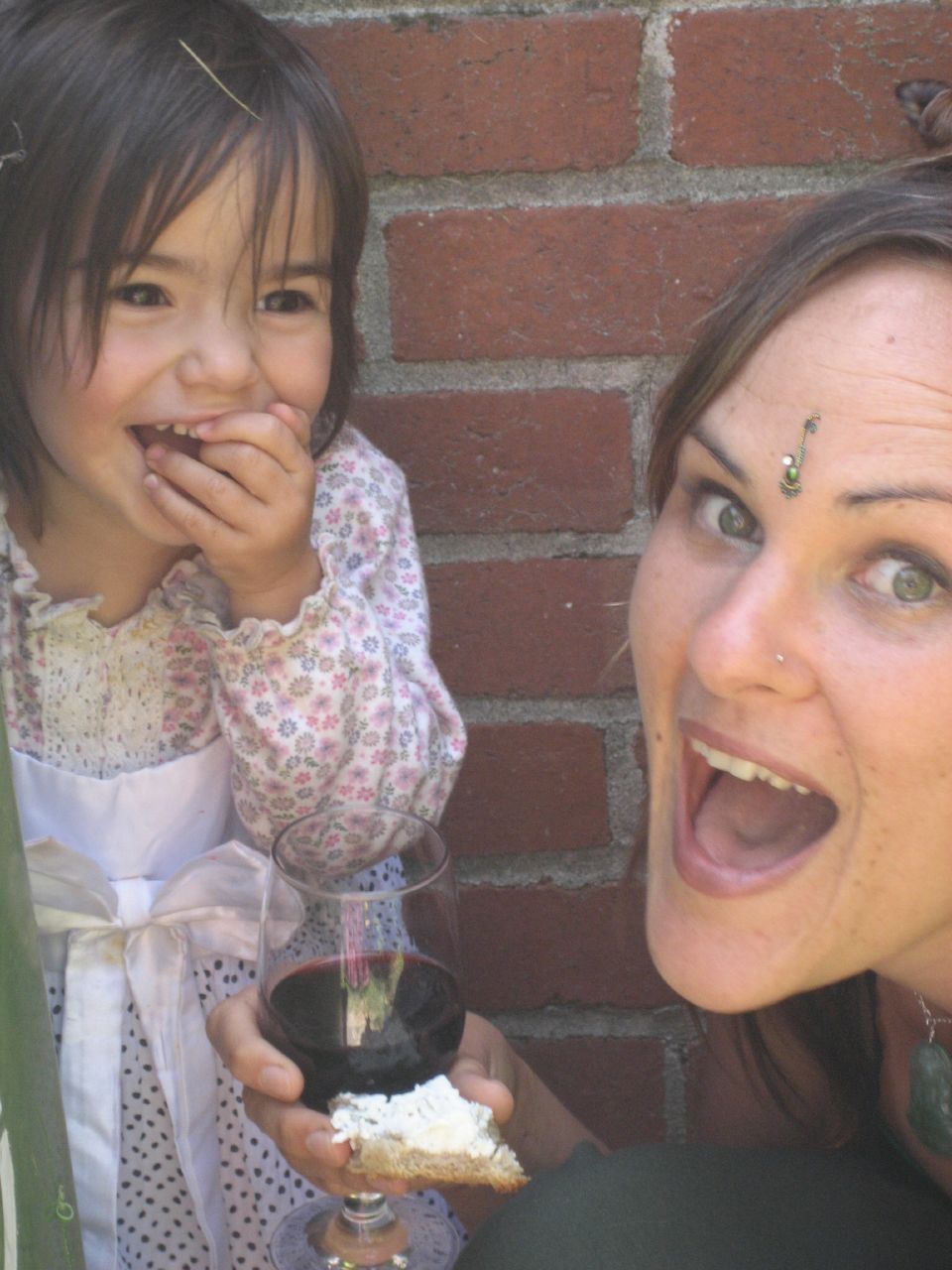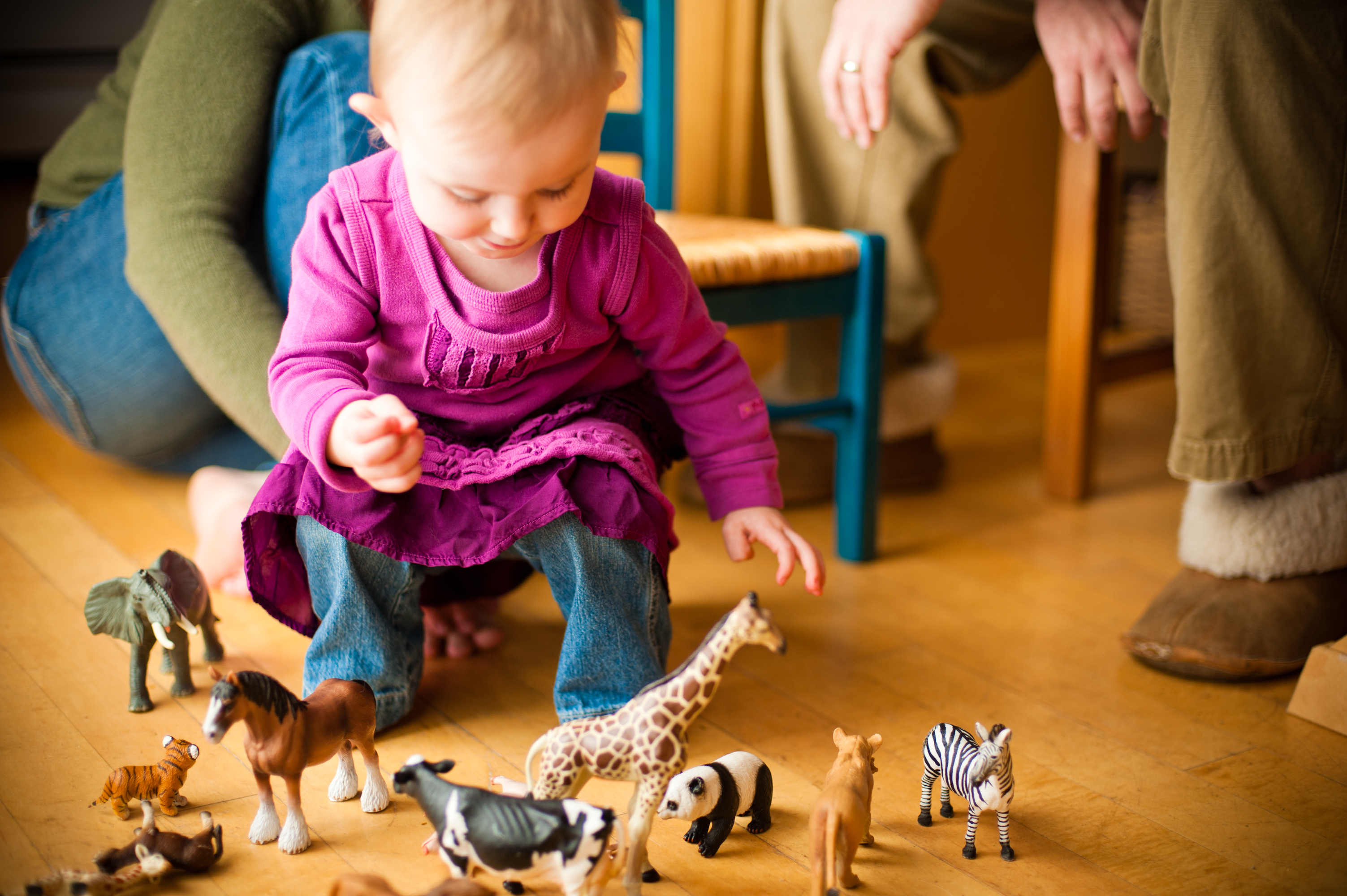People have always known it and now science is beginning to prove that laughter really is the best medicine. After a good laugh we’re more relaxed, our blood vessels function better, we’ve released feel good hormones into our system, reduced our pain levels, boosted our immune system and even reduced blood sugar levels!
And that doesn’t even cover the psychological effects of laughter. People with a good sense of humor have been shown to recover from depression more quickly and they’re less likely to become depressed in the first place. There’s no question that laughter puts us in a better mood. So how can we help our kids release their pent up emotions through laughter?





